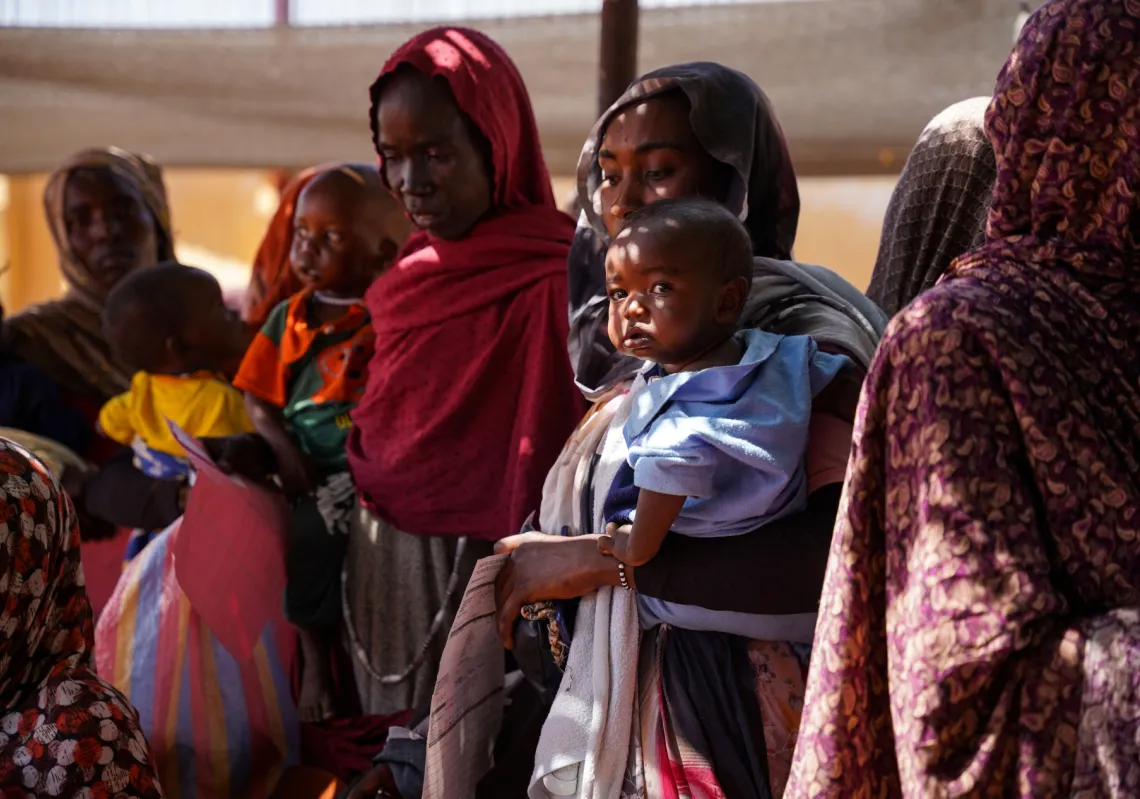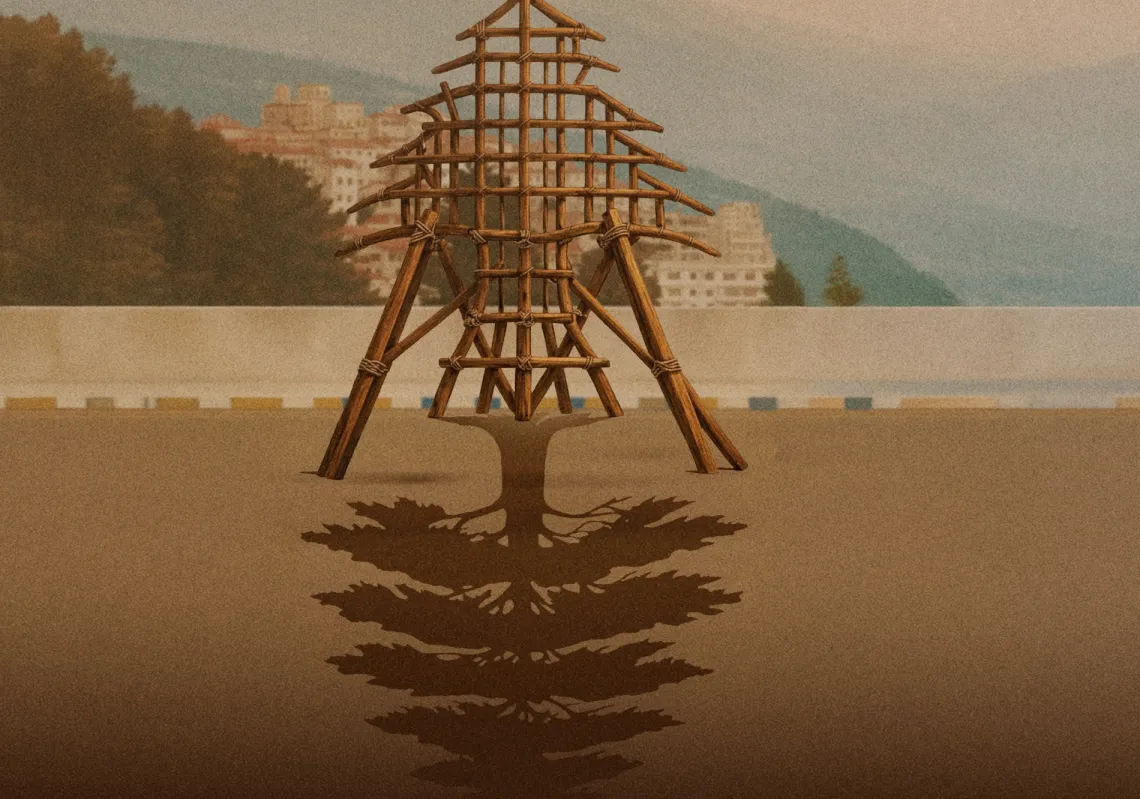Houthi rebels seek to prove they are strong enough to achieve their own political project, which begins with achieving self-rule even if not declared, and ends with the restoration of the Imam rule which fell nearly five decades ago. No other convincing explanations can be found for the continuation of the war.
The current war, the sixth of its kind between the Yemeni state and the Houthi rebels, has raised many questions on the actual strength of the rebels. It has also hinted at the possibility of the Houthi’s achieving a military victor, and using that as capital for a future political arrangement.
The Houthi rebels have succeeded, in giving the impression at home and abroad that they are a popular movement and a strong military organization. The mountainous nature of Saada comprising an area of 11375 square kilometres, or roughly the size of Lebanon, has contributed to making the war more difficult than expected, especially after the rebels resorted to using the methods and tactics of guerrilla warfare.
Although these factors and others showed that the rebels were an impregnable organization difficult to defeat, an in-depth review of this organization and the course of battles indicate that they are not as strong as they appear. The rebels were simply benefiting from the mistakes of the catastrophic mistakes of the regime, such as the absence of the state from the Saada province. When the state authority is absent, ordinary citizens have to comply with any armed group in order to avoid falling into the clashes that might cost them their lives.
The first war, which ended in 2004, with the killing of the founder of the Believing Youth, Hussein Al-Houthi, could have been suitable to end the insurgency if the outcome of the war had been invested to assert the state authority, and taking decisive measures in this regard. For example, the presence of the army in Saada at the time was necessary, as it could have prevented the insurgents from moving easily to develop their power, as well as doing good intelligence effort to learn everything possible about the rebels. You cannot win a battle against an ambiguous foe.
Since that date many developments have occurred: the rebels managed to develop their combat and tactical capabilities; they also developed their political and media performance; and they took advantage of tribal and political differences, managing to make significant breakthroughs in this regard.
/p>
However, this does not mean that the rebels have become an invincible power. On the contrary, it does not seem that the rebels will be able to survive for a long time. The Yemeni forces have cut their supply routes and avoided some of their past errors. Moreover, the Saudi army participated in the war, and imposed a full naval blockade on ports that could supply the rebels with weapons. All these factors are important developments towards settling the war.
Apart from field developments that run against the rebels, we can say that the armed insurgency that started effectively in 2004 carries its own elements of destruction within. The reason is that it reflects a sectarian project, despite the rebels attempted to say otherwise.
This point is precisely their real weakness, as when any project lacks a national character it becomes fragile and non-viable. In addition, the lack of constitutional legitimacy and the insistence on a military showdown with the state are two additional reasons that deprive the rebels of accessing any popular support, thus exposing the group politically.
>
However, this exposure is not found within the insurgency only, but also abroad. For reasons related to intense allegiances in the region, and the desire of Arab and Western countries to prevent any Iranian expansion in the region, one can say that the rebels have been put in a very embarrassing situation.
Even the admirable performance of their fighters has become a source for concern. No one will allow the victory of this model in Yemen. But luckily no organisations similar to the Houthis are capable of replacing the state, as even the model of Hezbollah in Lebanon failed to do so. On the few occasions that the armed militias were able to control everything, they condemned themselves to a rapid fall.







